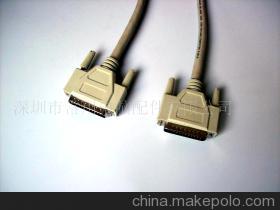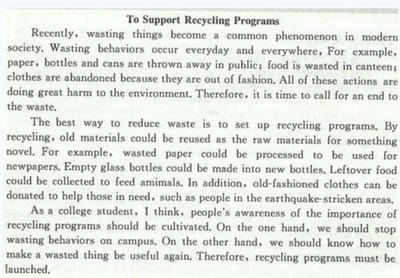Distinction between mergersand acquisitions(“并”与“购”的区别)
Mergers and acquisitions(abbreviated M&A) refers to the aspect of corporatestrategy, corporate finance and management dealing with the buying,selling, dividing and combining of different companies and similarentities that can help an enterprise grow rapidly in its sector orlocation of origin, or a new field or new location, withoutcreating a subsidiary, other child entity or using a jointventure.
Although oftenused synonymously, the terms merger and acquisition mean slightlydifferent things. The legal concept of a merger (with the resultingcorporate mechanics, statutory merger or statutory consolidation,which have nothing to do with the resulting power grab as betweenthe management of the target and the acquirer) is different fromthe business point of view of a "merger", which can be achievedindependently of the corporate mechanics through various means suchas "triangular merger", statutory merger, acquisition, etc. Whenone company takes over another and clearly establishes itself asthe new owner, the purchase is called an acquisition. From a legalpoint of view, the target company ceases to exist, the buyer"swallows" the business and the buyer's stock continues to betraded.

In the puresense of the term, a merger happens when two firms agree to goforward as a single new company rather than remain separately ownedand operated. This kind of action is more precisely referred to asa "merger of equals". The firms are often of about the same size.Both companies' stocks are surrendered and new company stock isissued in its place. For example, in the 1999 merger of GlaxoWellcome and SmithKline Beecham, both firms ceased to exist whenthey merged, and a new company, GlaxoSmithKline, was created. Inpractice, however, actual mergers of equals don't happen veryoften. Usually, one company will buy another and, as part of thedeal's terms, simply allow the acquired firm to proclaim that theaction is a merger of equals, even if it is technically anacquisition. Being bought out often carries negative connotations;therefore, by describing the deal euphemistically as a merger, dealmakers and top managers try to make the takeover more palatable. Anexample of this would be the takeover of Chrysler by Daimler-Benzin 1999 which was widely referred to as a merger at thetime.
A purchasedeal will also be called a merger when both CEOs agree that joiningtogether is in the best interest of both of their companies. Butwhen the deal is unfriendly (that is, when the target company doesnot want to be purchased) it is always regarded as anacquisition.
 爱华网
爱华网



